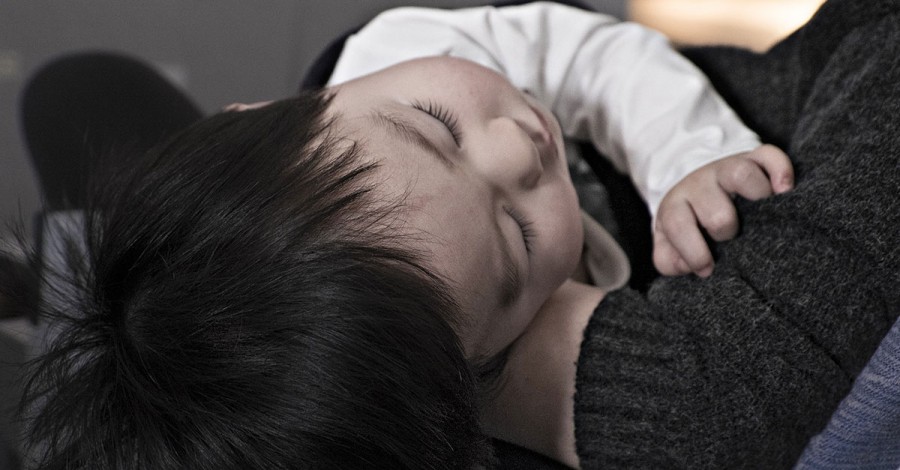SA Healthy Deputy chief medical officer, Associate Professor Nicola Spurrier, confirmed that children attending childcare or preschool had a higher risk of getting more infections than children who do not attend as children's hygiene is not very good which makes infections spread easily.
Dr Spurrier said a child's acquired immunity increased through exposure to bacteria and viruses and the protection of specific antibodies to these infectious agents.
Vaccinations were a safe way of exposing the developing immune system to allow the body to develop antibodies to those agents.
It's important for services to remind parents to keep their child's immunisations up to date and when a child falls sick and the centre to isolate them until they are picked up. All room materials should be disinfected on a daily basis to minimise the spread of germs.
The spread of certain infectious diseases can be reduced by excluding the child or Educator, known to be infectious, from contact with others who are at risk of catching the infection.
The following article "Exclusion Periods For Infectious Diseases In Early Childhood Services" information details the recommended exclusion periods for infectious diseases
Children should also be encouraged to wash their hands and wash their faces properly and blow their nose in a tissue to throw into a rubbish bin.
Even though children who attend childcare have a high risk of getting sick often, the benefits do outweigh the negatives. Foremost the social skills a child develops and the learning that takes place is well worth it.
Reference:
Scopelianos, Sarah " Is there a bright side to the bugs brought home from childcare", ABC News, 12 October 2018







 The Australian Government is rolling out unannounced spot checks across Early Childhood Education and Care (ECEC) services nationwide. This follows a successful pilot in October–November
The Australian Government is rolling out unannounced spot checks across Early Childhood Education and Care (ECEC) services nationwide. This follows a successful pilot in October–November ***WARNING: DISTRESSING CONTENT*** Victorian detectives have laid 83 additional charges against former Melbourne childcare worker Joshua Dale Brown, expanding the total number of alleged offences
***WARNING: DISTRESSING CONTENT*** Victorian detectives have laid 83 additional charges against former Melbourne childcare worker Joshua Dale Brown, expanding the total number of alleged offences In April 2025, the Fair Work Commission (FWC) issued a provisional decision recommending staged award increases to address the undervaluation of early childhood educators; however,
In April 2025, the Fair Work Commission (FWC) issued a provisional decision recommending staged award increases to address the undervaluation of early childhood educators; however, Recent commentary has highlighted a striking statistic: 90% of new childcare providers in Australia are run for profit. This raises a fundamental question is this
Recent commentary has highlighted a striking statistic: 90% of new childcare providers in Australia are run for profit. This raises a fundamental question is this Regulatory authorities across Australia have identified staffing as a priority area, with a strong focus on ensuring educators hold valid, authentic qualifications. Unfortunately, fraudulent certificates
Regulatory authorities across Australia have identified staffing as a priority area, with a strong focus on ensuring educators hold valid, authentic qualifications. Unfortunately, fraudulent certificates